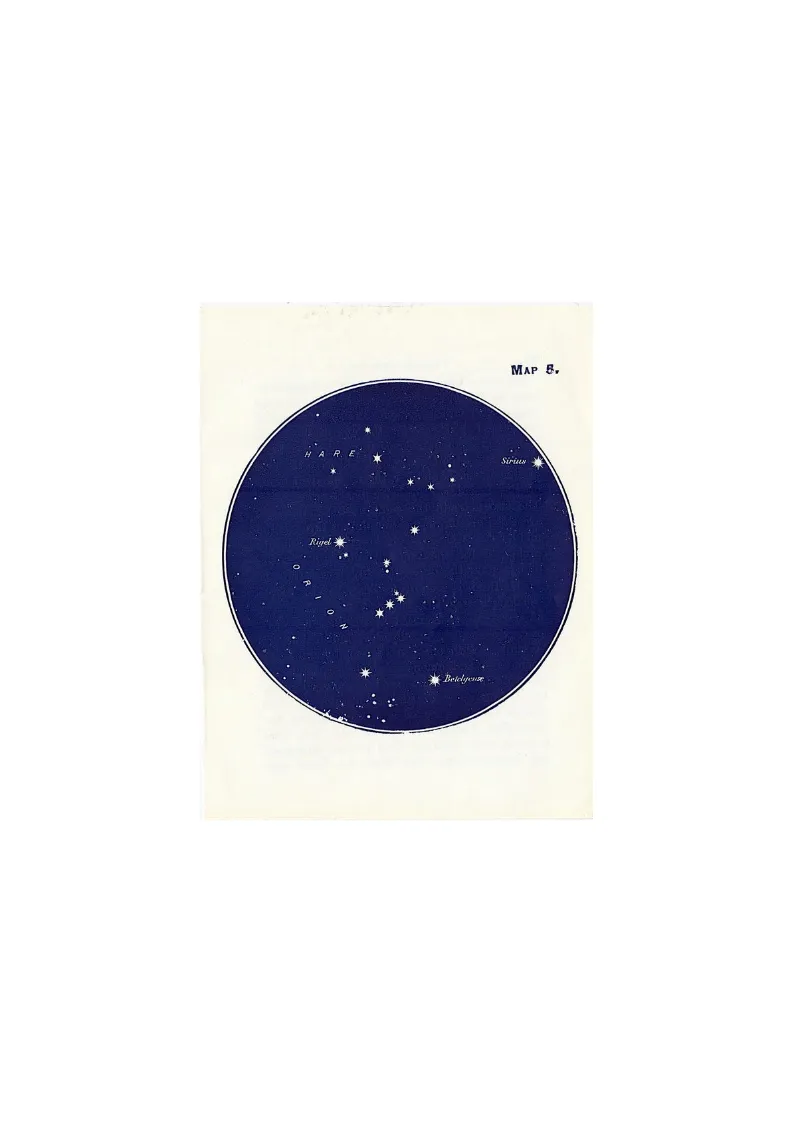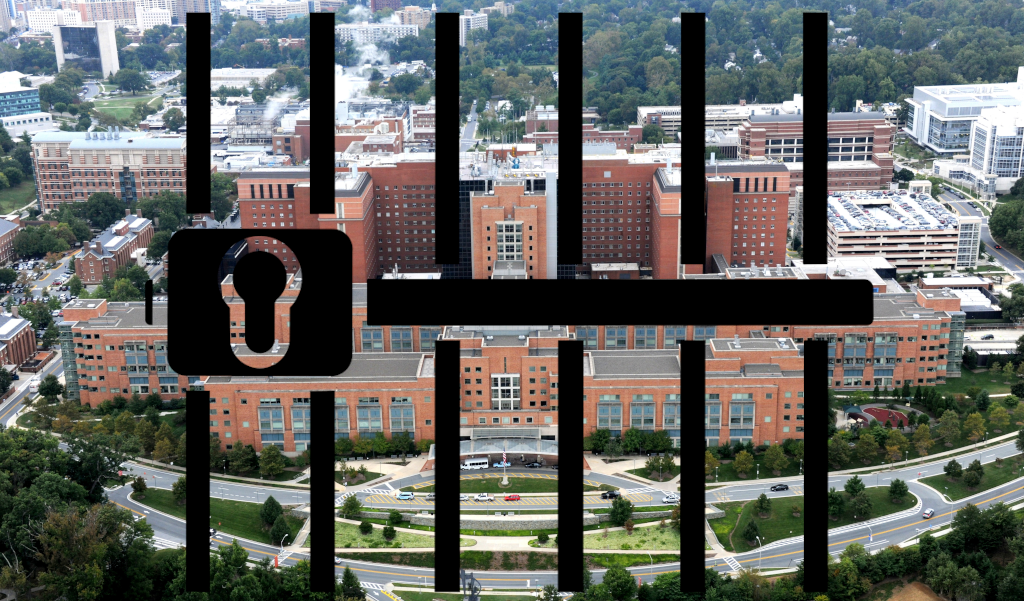The global scientific community is moving toward a more inclusive and open approach.In Europe, Plan S has transformed European research by mandating immediate open access to publicly funded studies, fostering greater equity and visibility for scientific work. Open Research Europe is expanding, providing a Europe-wide venue for freely accessible research. Japan's ¥10 billion initiative to make publicly funded research freely accessible by 2025 is a great example of a country embracing transparency and collaboration in science. India’s One Nation agreement is another step towards a more open and accessible scientific ecosystem globally. In the backdrop to this, the United States has been targeting and attacking science and scientific institutions.
Recent actions by the US administration, including significant cuts to funding for institutions like the National Institutes of Health (NIH) and National Science Foundation (NSF); removal of any funding streams relating to diversity; planned reduction in NSF employees; removal and censorship of DEI-associated research; removal and manipulation of vital datasets and health information from the Centre for Disease Control (CDC); de-prioritising collection of inconvenient data, threaten to undermine the country’s leadership in science and innovation. As H5N1 is a rapidly growing concern, the specific censorship of such news at the CDC is particularly threatening to global health. Much of this is an extreme expansion of anti-science efforts observed under the administration's first term, such as limiting the collection of inconvenient data by slowing down COVID-19 testing.
And this is all before the likely confirmation of an anti-science candidate to lead the Department of Health and Human Services (HHS). Importantly, this isn’t just federal funding in the US. University leadership is missing in action. Scientific societies, such as the American Society for Microbiology (ASM), have adhered to the executive order and scrubbed DEI from their websites. Even private scientific entities and advocacy organisations appear to be eliminating their diversity and inclusion efforts.The CDC, relied upon globally, has been corrupted by political ideology.
This shift not only weakens U.S. scientific infrastructure but will also drive researchers to seek opportunities abroad, further diminishing the nation's global standing in science. Indeed, researchers sounded many alarms during the first administration when visas were barred for individuals from specific countries, with H-1B visas now under threat. China has already surpassed the U.S. in annual scientific publications and is poised to fill the gap left by reduced American contributions.
The only viable line of defence against such rapid and intense attacks is transparency and a heightened rigour. And it is here that the open science community has a unique and essential role in this very moment. Open science is an encompassing movement that promotes transparency, integrity, rigour, accessibility and accountability. In effect, open science is the strongest and most serious threat to the actions being taken by the current US administration.
The core values of open science, as listed by UNESCO, are a threat to anti-science views. These values include;
- Quality and integrity
- Collective benefit
- Equity and fairness
- Diversity and inclusiveness
- Transparency, critique and scrutiny
- Accountability
Open science states that all scientific outputs should be openly accessible to all, regardless of their nationality, ethnicity, gender, language, age, discipline, socio-economic background, funding basis, career stage or any other grounds.
Diversity is good for science
By removing barriers to access and advocating for diversity, open science democratises research. The right to participate and share in scientific advancement is enshrined under Article 27 of the Universal Declaration of Human Rights and is vital for the globalisation of knowledge. But access and diversity also has significant impacts more locally.
Diversity in authorship and peer review panels enhance the perspectives in scientific exploration resulting in more robust and relevant findings. More diverse grant assessment panels results in a much wider range of arguments and consideration, particularly those related to societal relevance and impact. This improves the decisions behind what science is funded. Research has consistently shown that diverse teams outperform less-diverse ones in tackling complex challenges, as individuals from different backgrounds approach problems in unique ways and ask varied questions. Diverse teams are better at decision making and problem solving and are more adept at identifying innovative solutions. Within science, research has shown that ethnic diversity results in papers with 10% more impact than those with less ethnically diverse authors, benefitting US science directly. Diverse authorships also result in more citations, more output and teams that are better equipped to address health disparities.
Within research, diversity produces science that benefits a much broader slice of society. It’s a well documented problem that medical science is heavily male-focussed, negatively impacting women's health. For example, the diagnosis of autism or ADHD occurs later in life for women. The signs of a heart attack are often missed as men and women display varied indicators. Science that excludes marginalised people creates less useful data that reinforces biases and marginalisation. Open science recognises this impact and directly aims to address it through better, more inclusive, practices.
Greater diversity in the access to science itself is also foundational. By providing free, uncensored, access to research outputs, society can benefit. Private citizens can be better informed about the world and directly engage with the science behind policy decisions. This has the added benefit of helping to dispel disinformation. For patients, this enables them to be better informed about their disease and treatment options. A more health-informed population is more productive which leads to additional, knock-on benefits for the economy. Greater accessibility also leads to new scientific discoveries; citizen scientists enable studies that would otherwise have not been possible and in the UK this approach has resulted in the discovery of multiple new exo-planets.
Open science and society
Open science is more than just a collection of principles or movement. It is about improving the systems we have, not just for academia but beyond. Open science benefits society through improving transparency, making science more accessible to more people, improving the rigour of science, increasing the efficiency of vital scientific progress (saving time, money and lives) and ensuring greater accountability.
The global response to the COVID-19 pandemic revealed the essential role of open access to data, publications, and methodologies in responding to an unprecedented public health emergency. For example, the viral genome was first shared openly within 1 month of the first reported case.
One of the most significant aspects of open science during the pandemic was the remarkable adoption of preprints. Preprint servers such as bioRxiv and medRxiv enabled research to be shared almost instantaneously (within 48 hours), bypassing lengthy peer-review processes and inefficiencies. Within the opening months, preprints accounted for almost 40% of all COVID-19 research providing critical access by scientists, policymakers, and healthcare providers without delay. This empowered journalists and the public to engage with scientific developments more effectively and provided vital knowledge of how the COVID virus spread and could be targeted.
In addition to preprints, open data played a transformative role in vaccine development and distribution. The World Health Organisation's COVID-19 vaccine tracker provided real-time updates on vaccine candidates' progress through clinical trials, ensuring transparency and enabling informed decision-making. Datasets from sources such as Our World in Data made vaccination metrics openly accessible, allowing researchers, policymakers, and the public to monitor death rates, global vaccination efforts and make more informed choices.
This open approach was essential in combatting misinformation by fostering public feedback and scrutiny of poor-quality and fraudulent research. The transparent sharing of research allowed a more diverse range of experts to identify errors or inconsistencies quickly, ensuring that misinformation could be corrected. A prime example of this is a preprint posted early during the pandemic which falsely drew similarities between the COVID-19 spike protein and HIV. This was rapidly and publicly combatted resulting in its removal within 48 hours of first being posted. These actions reinforced trust in evidence-based solutions to the pandemic.
Metascience (the study of science and science communication) plays vital roles as a final defence against the perpetuation of poor and even fraudulent science. Indeed, this may be the only scientific activity that directly detects fraud. The activities of sleuths results in corrections and retractions, with some very high profile examples, including finding issues with a significant paper in Alzheimer's disease, throwing an entire field into disarray. This activity, termed forensic scientometrics, is a crucial component of providing trust in scientific findings.
Safeguarding against potential open science risks
There are well-documented problems with academia and scientific publishing, and advocates have worked hard to raise awareness and provide solutions to improve trust in science. A logical next step in attacking and dismantling science is to hijack these efforts to legitimise replacement systems. For example, a new journal has launched with an editorial board of herd-immunity advocates, vaccine skeptics, anti-mask scientists. Concerningly, the only people who can publish in this journal are those invited by members. The peer review process is transparent but this masks the powerful role of the editors who can carefully choose peer reviewers who will validate specific research. Open science principles are validating potentially dangerous and ideological science. Even more troubling is the possibility of this journal being included in indexes like Web of Science, while genuine efforts like eLife’s peer review improvements have been excluded. Open science can combat this by using the very tools that have been hijacked such as transparency and additional forensic scientometrics efforts to highlight and correct problematic literature. Open science should not be politicalised in this way. Indeed, under the first term of this administration, the Foundations for Evidence Based Policy Act 2018 was passed and has been instrumental in improving data sharing and the open publishing of governmental data. This highlights the importance of using rigorous science and evidence-based practices, not politics, to combat the growing anti-science movement.
Another key area that open science has so far failed is in its global outlook. This divergence in scientific priorities and approaches is not solely an American issue, as challenges to the global scientific ecosystem have already emerged in other parts of the world. In Hungary, for example, political interference has eroded the independence of research institutions. The Hungarian government has injected politics and ideology into science, centralizing control over research funding and institutions in ways that threaten academic freedom. In Argentina, another far-right government has decimated the country's science, initially through funding freezes. The extreme end points of such anti-science attacks are found in countries such as Pakistan where polio vaccination workers are still routinely targeted and killed. Open science must take greater strides to be globally inclusive and to consider the global picture when pursuing new initiatives and advocating for change.
These risks can be mitigated through greater adherence to the UNESCO open science guiding principles and better self-reflection and assessment of open science practices.
A call to mobilise the open science movement
Transparency is the strongest antidote to disinformation and mistrust. But this can be hijacked and misused to have the opposite effect of providing false trust in pseudoscience and evidence infused by ideology. This is where open science and metascience must intersect and combine forces.
Individuals must ensure that they continue to advocate for open science practices, whilst taking care not to support or legitimise mis-use of these practices. Those producing research can post preprints to ensure that they remain in full control of their own science, indeed this may be the only method of ensuring that science remains in the hands of scientists, not political appointee screening and censoring. When preprinting or publishing work, scientists should ensure that methods are detailed and all data is shared in accessible repositories and adheres to the FAIR principles. Scientists can also ensure the integrity of the research record by publicly and transparently reviewing other science, particularly anything that has been tainted with ideology or pseudoscience.
There have been a small number of publishers, such as the BMJ, who have released statements affirming their commitment to not retract papers or censor science due to political ideology. This is essential as part of a collective action from the scientific community. Surprisingly, many of the leading open science publishers have been silent thus far. Similarly, open science initiatives must lead by example and ensure that they have clear, public, policies in relation to data protection, diversity and inclusion, and commitments against ideologically-based retractions or data manipulation. Additionally, all publishers should ensure that problematic literature is investigated and removed in a more timely and transparent manner.
Open science relies heavily on philanthropic funding. If open science is to defend against the deterioration of trust and breakdown of rigorous, independent research, then the funders must double-down on their support. Private funding organisations must resist any change or injection of ideology. Equally, open science can only function if the underlying infrastructure supports and epitomises the principles of the open science it hosts. For example, the POSI principles specifically call on signatories to support their communities and advocate for policy changes that achieve this. Additionally, a key role of open science infrastructure is in providing and surfacing markers of trust for a given research output.
Society fails when we become too self-focussed and insular. We must not hide behind institutions, structures or systems. It is people that are suffering. It is our colleagues, our friends and our neighbours who are going to continue suffering.
Open science democratises access to research, provides transparency and improves accountability. Now, more than ever, is the time to act and lead by example.
Dr. Jonny Coates is the founder of Rippling Ideas and a researcher at the Institute for Globally Distributed Open Research and Education (IDGORE). Dr. Mayank Chugh is a Visiting Assistant Professor at the College of William & Mary. Both share their individual views.
Copyright © 2025 Mayank Chugh, Jonny Coates. Distributed under the terms of the Creative Commons Attribution 4.0 License.






